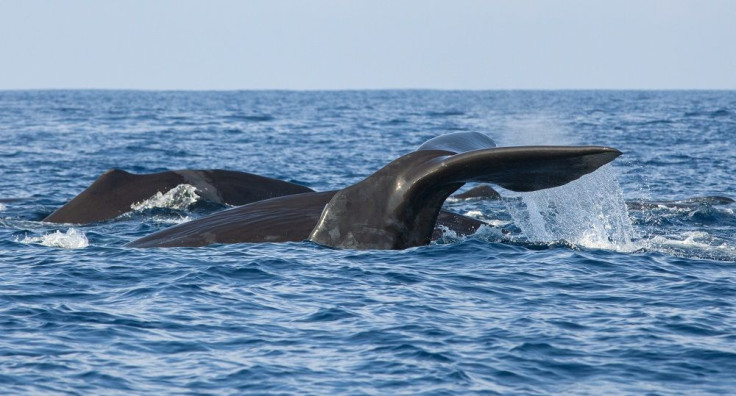Japan ends its whaling season in north Pacific Ocean, 177 whales killed

This year’s whaling season in the North Pacific Ocean has come to an end, with Japan killing a total of 177 whales. The country said it carried out the hunt for scientific research despite the global outcry.
Japan’s fisheries ministry announced that 134 sei whales and 43 minke whales were captured and killed this year. Whaling is formally allowed in Japan. But critics argue that the country utilises a loophole in the charter of the International Whaling Commission by claiming that the killings are carried out for research.
International community and animal rights organisations have long criticised Japan’s whaling activities. They consider it as covert commercial whaling as the meat is reportedly being sold off after research. There have also been public protests against it.
Scientific whaling is technically allowed under the International Whaling Commission’s treaty. But in 2014, a Japanese whaling program in Antarctica was ruled illegal by the International Court of Justice. It did not pass the criteria for scientific research as set down by the IWC.
The program was suspended for some months. Japan restarted the activity after December when it amended the program, which included the decision to reduce the volume of the catch.
Australia blasts new whaling laws
In June, Australia criticised the new whaling laws passed by the Japanese parliament. It allows the country to protect its fleet.
Attorney-General George Brandis said Australia would continue to fight for whale conservation. “The Australian government does not consider that Japan’s whaling program is for the purposes of scientific research,” he told parliament, adding that they were convinced the program is consistent with the principles of the International Court of Justice’s 2014 decision or of the International Convention for the Regulation of Whaling.
Activist group Sea Shepherd announced earlier this year that it was abandoning its Antarctic whaling face-off with Japan. “The decision we have had to face is: do we spend our limited resources on another campaign to the Southern Ocean that will have little chance of a successful intervention or do we regroup with different strategies and tactics?” the group said in a statement, according to news.com.au.
For some years, the group’s boats have engaged in annual high-seas battles with vessels carrying out Japan’s self-described scientific whaling program. But Sea Shepherd founder Paul Watson admitted that the country’s use of military-grade technology like real-time satellite tracking has left activists unable to keep up, Swinburne.edu.au notes.





















